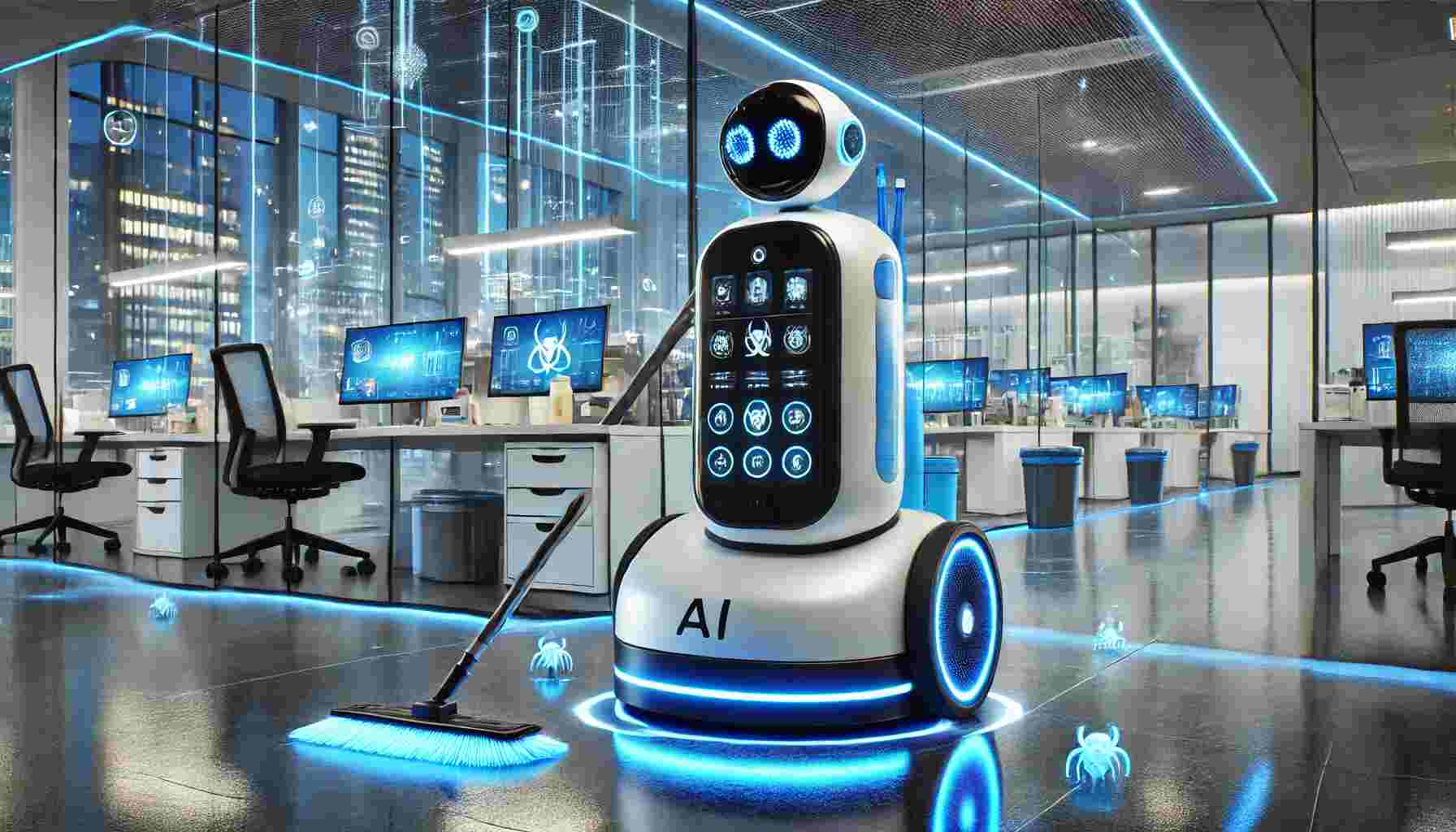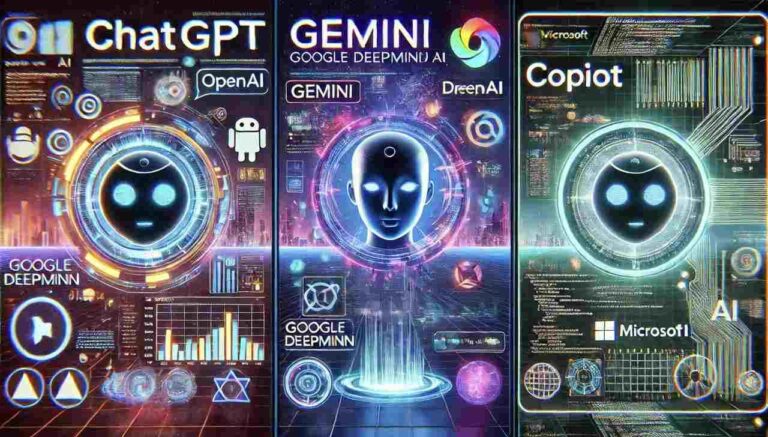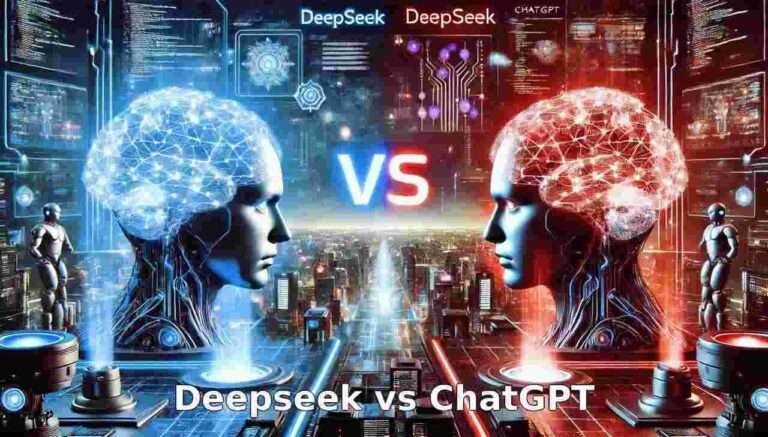
Janitor AI: The Future of Smart Cleaning Automation
By Using of Janitor AI Saves on labor costs by reducing dependency on human labor. Optimizes the usage of resources like water and cleaning agents. Reduces maintenance charges as it only requires occasional replacement and maintenance.

Janitor AI for Enhanced Sanitation
The sanitation standards are enhanced by AI by preventing human contact with unclean surfaces. These computerized systems incorporate intelligent disinfectant dispensers to efficiently kill viruses and germs.
Janitor AI : Ability to Clean 24/7
In contrast to human janitors, AI has the capability of working 24 hours a day, 7 days a week, with continuous tidiness in areas with heavy traffic like hospitals, airports, and shopping malls.
Remote Monitoring and Control
With IoT connectivity, users are able to remotely monitor and control it through smartphone apps, with real-time notifications and maintenance reminders.
Multi-Surface Cleaning Capability
It is multi-purpose—it can clean tiles, carpets, hardwood, and even delicate surfaces, making it appropriate for diverse environments.
Janitor AI Applications in Various Industries
Healthcare Facilities
Hospitals and clinics need strict sanitation standards in order to avoid infection. It maintains floors, medical gear, and patient rooms hygienic on a regular schedule.
Commercial Offices and Spaces
Offices and commercial areas need hygienic and clean spaces for the workforce. It maintains cleanliness of offices at regular intervals with minimal interference.
Hotels and Hospitality
Hotels are able to benefit from AI as it guarantees better guest experience due to rooms, lobbies, and restaurants always being cleaned.
Schools and Colleges
Schools and colleges require regular sanitization so that students are healthy.
Maintenance and Technical Issues
Similar to any AI-based device, It also needs constant software upgrades and hardware upkeep, contributing to operation costs.
Resistance to AI Adoption
Certain companies and employees adverse to using AI-based automation, worry about losing jobs and unfamiliarity with the technology.
The Future of Smart Cleaning Automation
AI and Robotics Advances
Future technologies will bring advanced AI algorithms, which will make cleaning robots smarter, quicker, and self-sufficient.
Smart Home and Smart City Integration
It will be natively integrated in smart homes and cities in the near future, which will result in self-sustaining city sanitation.
Industries That Benefit the Most from Janitor AI
Healthcare, hospitality, commercial offices, and education are some of the sectors that gain greatly from Janitor AI since it enables them to maintain high standards of hygiene effectively.
Though AI can computerize much of the cleaning activity, there are tough and complicated cleaning jobs that require human janitors.
Final Thought of Janitor AI
No, Janitor AI won’t replace human cleaners completely.
Click Here to go official website



